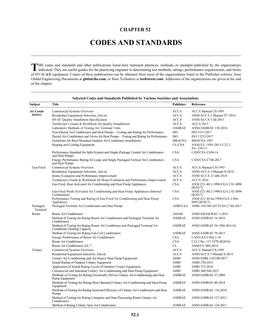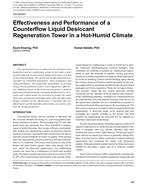Gray-box or black-box models that are trained using onsitedata typically do a better job of capturing actual systemperformance than forward models that are based on physicalparameters due to deviations from design assumptions oruncertainties. However, accurate, site-specific models areneeded for developing optimal control strategies for existingsystems. In this study, two different gray-box, quasi-steadystatemodeling approaches for multistage direct-expansion(DX) units with variable air volume (VAV) were developed andcompared for application to supervisory control optimization.Firstly, theASHRAEToolkit model was modified for multistageDX units and trained using data from a field site. Secondly, acomponent-based, gray-box modeling approach was developedand trained using on-site data. The models were validatedusing measured data not included in the training dataset. The advantage of the component-based approach is that itrequires less data for training and provides better extrapolatingperformance. However, it requires significantly morecomputation. Therefore, a metamodel that correlates outputsfrom the gray-box model was developed for application tosupervisory control optimization. This overall approachprovides good accuracy over a wide range of conditions withlimited training data and computational requirements. Inorder to test the application potential, optimization of supplyair temperature setpoints was performed for the case studyusing both the metamodel and modified Toolkit model.Although the two different modeling approaches gave somedifferences, both indicate significant energy savings potential.
Citation: 2015 Annual Conference, Atlanta, GA, Transactions 2015, Vol 121 pt. 2
Product Details
- Published:
- 2015
- Number of Pages:
- 14
- Units of Measure:
- Dual
- File Size:
- 1 file , 5.1 MB
- Product Code(s):
- D-AT-15-016


